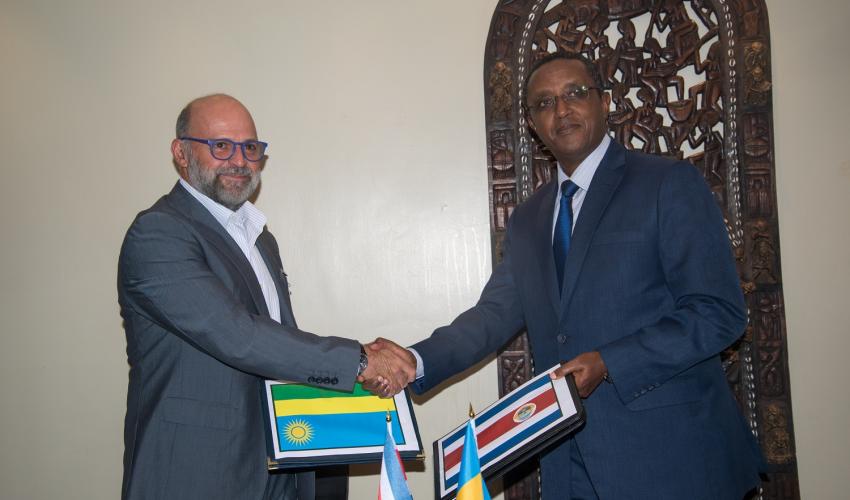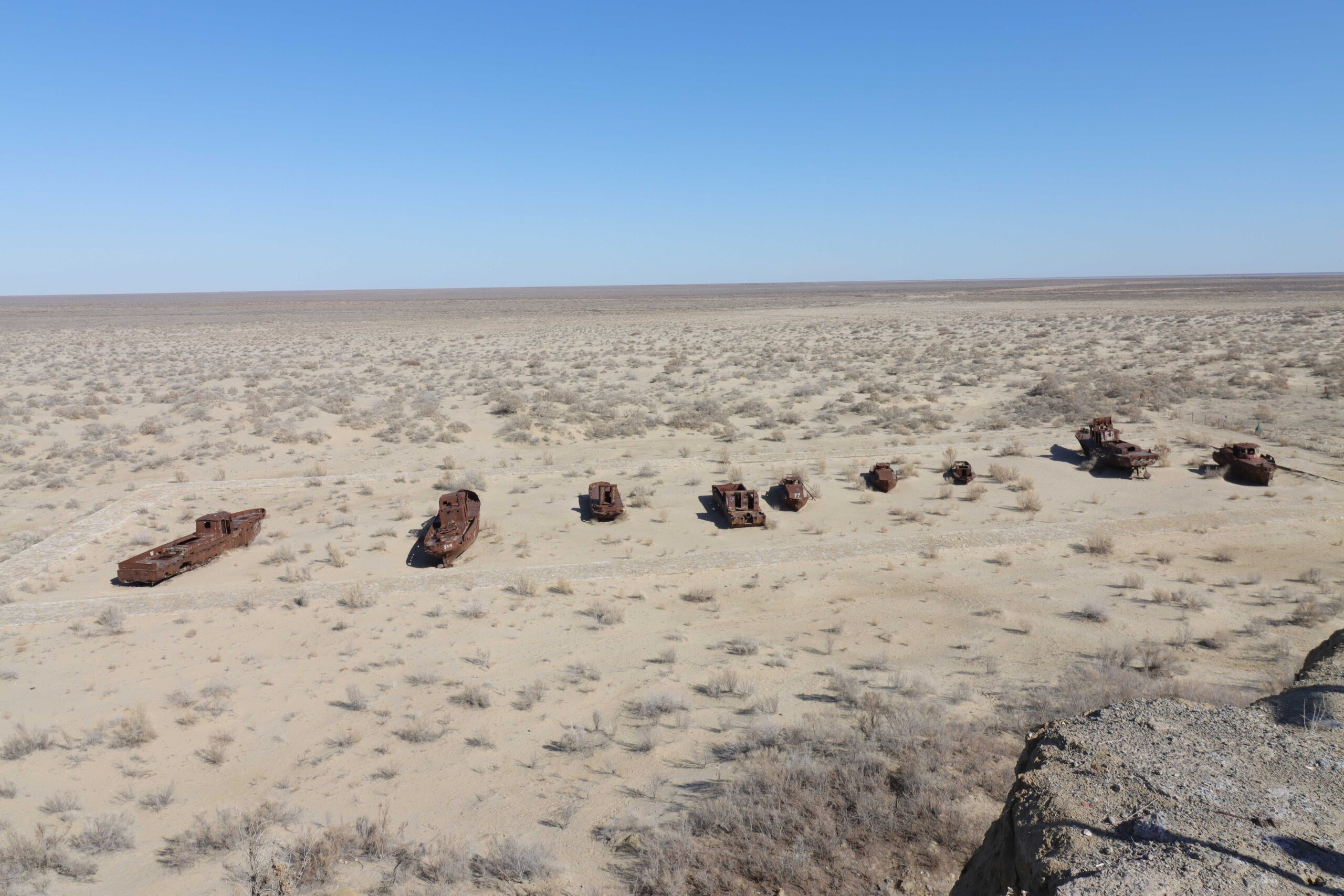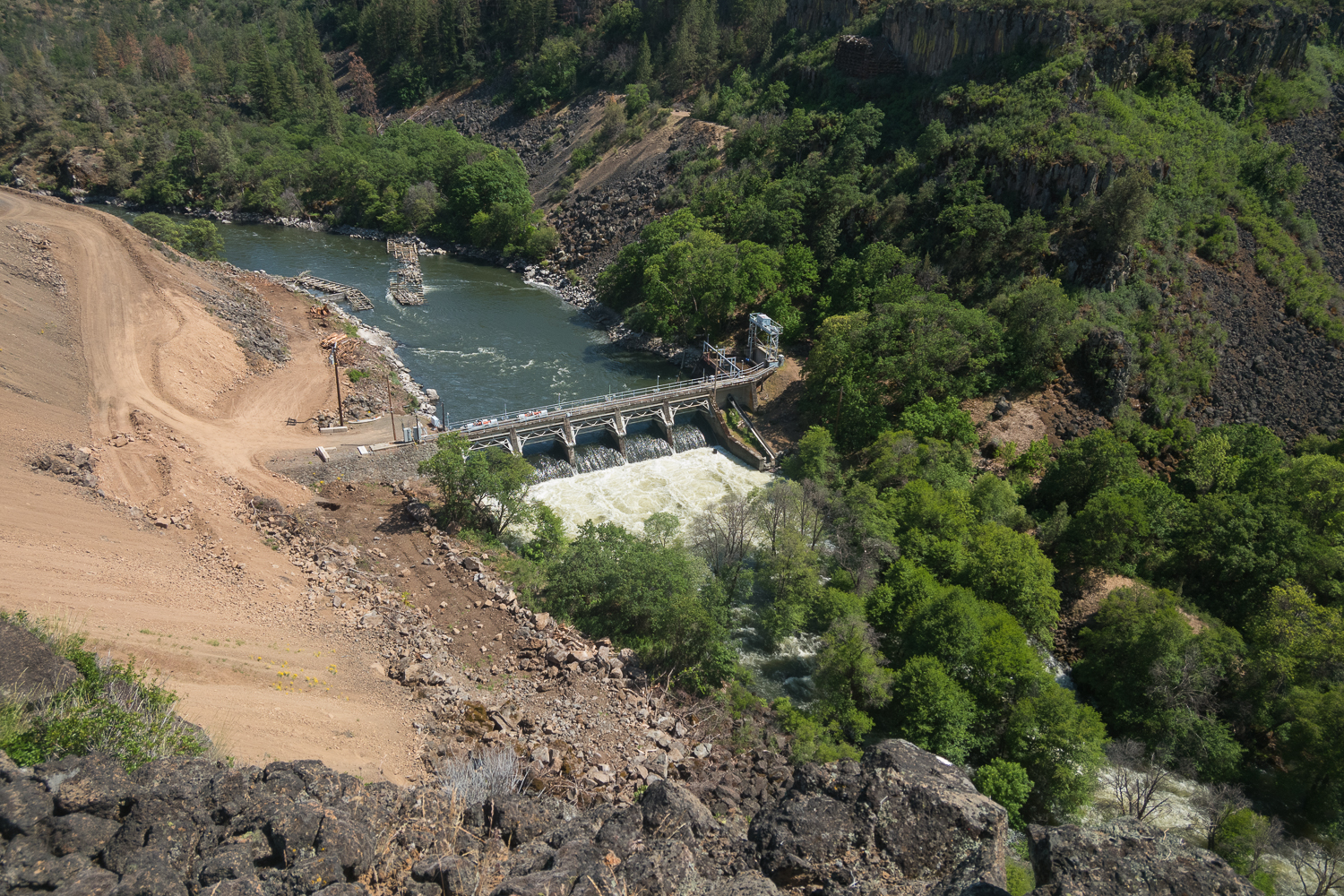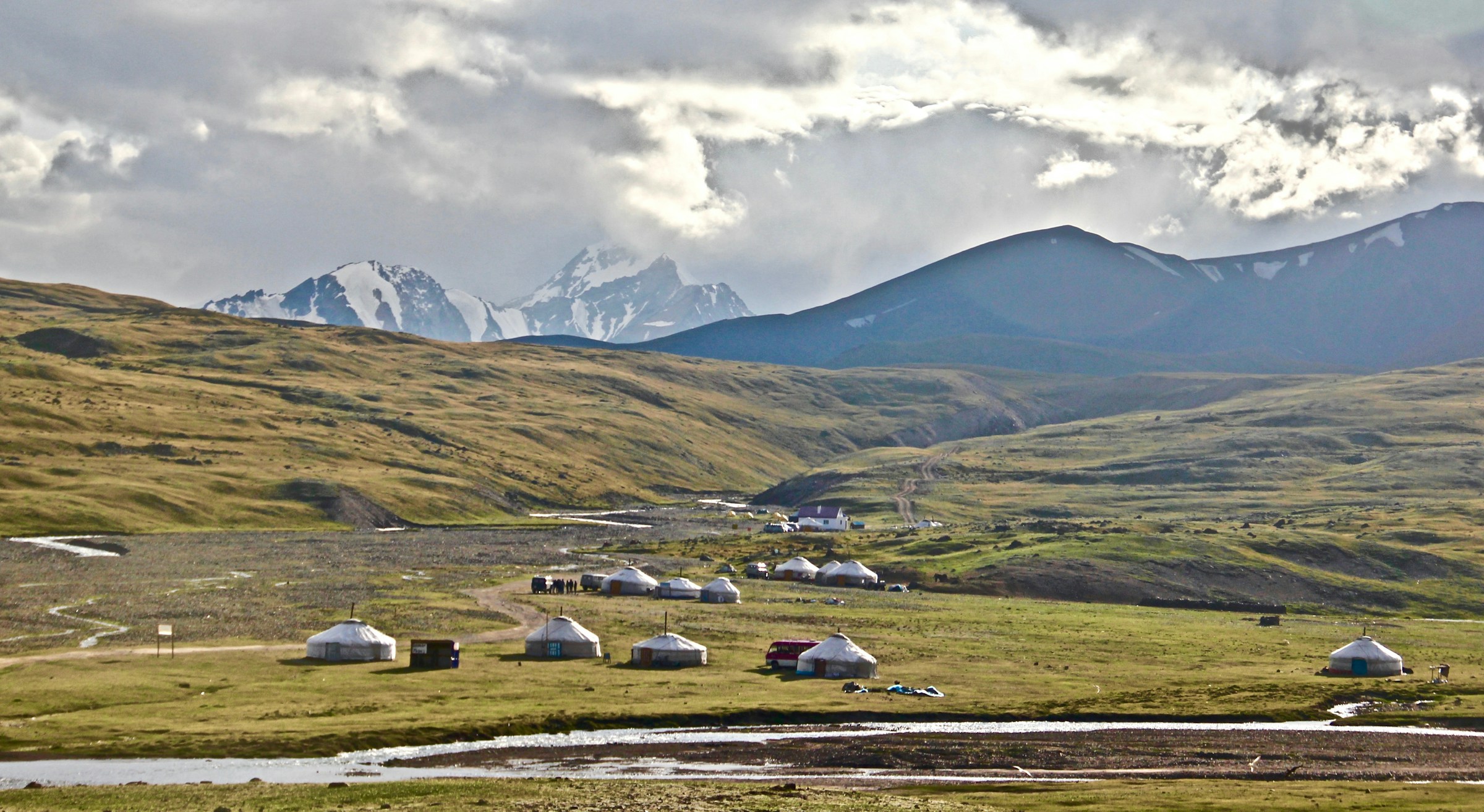WASHINGTON D.C. April 23rd, 2019. U.S. Secretary of the Interior, David Bernhardt signed a memorandum of understanding (MOU) with General Tô Lâm, Minister of Public Security in Vietnam, to enhance and strengthen cooperation between the countries to combat wildlife trafficking.
Wildlife trafficking is a multi-billion dollar illegal business that threatens global biodiversity and is directly tied to transnational organized crime. Wildlife is the third-biggest trafficking market across the world behind drugs and weaponry.
Vietnam, along with much of Southeast Asia, is a region which sees more trafficking of wildlife and wildlife parts than almost any other. Pangolins, several primate species such as the slow loris, gibbons, rhinos, elephants, and several rare species of wild cat are all among the creatures in Vietnam most often targeted by poachers.
Related Article — In Response To Increased Dragon Smuggling, Komodo Island Will Be Closed To Tourists.
“Wildlife trafficking is a global problem that demands strong partnerships, and we are working to make that a reality,” said Secretary Bernhardt. “Today’s landmark occasion enhances our bilateral relationship with Vietnam, which will provide both of our nations the tools and shared insights that are critical to combating wildlife trafficking.”
Costa Rica and Rwanda
Costa Rica is a success story of sustainable forest management and restoration. Its Payment for Environmental Service strategy (PES) basically has companies or beneficiaries of resources and processes provided by the forest, pay the forest for the service or resource. Every year, the Costa Rican Forest Fund collects $33 million which it uses to make sure the forests of Costa Rica have everything they need to continue their work, which includes providing sustainable wood and watersheds among other things.
Halfway around the world, Rwanda is considering a similar policy, and so the two small nations have signed their own MoU.
Facilitated by Conservation International (CI) and the International Union for Conservation of Nature (IUCN), Minister Vincent Biruta and his Costa Rican counterpart Carlos Manuel Rodriguez signed the MoU on March 15, 2019 on the sidelines of the United Nations Environment Assembly (UNEA) in Nairobi.
“The MoU provides a good framework for enhancing the cooperation between Rwanda and Costa Rica. We’ve been working together for the last 3 years. We look forward to implementing it and possibly expanding the scope in the future,” said Minister Biruta.
NAIROBI, KENYA, March 25th 2019. Environmental ministers of Costa Rica and Rwanda, Carlos Manuel Rodriguez, and Vincent Biruta respectively.
He continued in saying that PES strategies are something his nation is very interested in applying to many of the important forested ecosystems found in Rwanda.
He added: “Rwanda is piloting PES system in two water catchments and the MoU will support those activities including reforestation and landscape restoration. We’re really excited about PES since it can provide sustainable funding to conserve watersheds; it also enables more ownership by the people since they can get direct or indirect benefits.”




